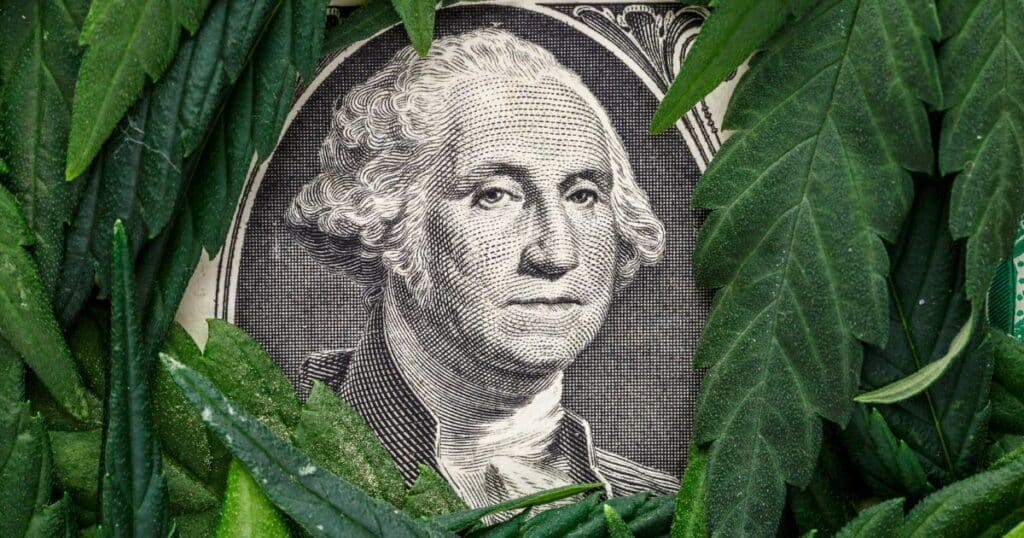Navigating the world of federal taxation can be daunting for any business, but for the marijuana industry, the stakes are even higher. Recently, the IRS issued a reminder that marijuana remains a Schedule I controlled substance and is subject to the limitations of Internal Revenue Code Section 280E. This memo comes as the nation anticipates a potential federal rescheduling of marijuana, which could dramatically alter the landscape for cannabis enterprises.

The IRS’s Recent Reminder to Marijuana Industry
This past Friday, the IRS issued a reminder to taxpayers that marijuana remains a Schedule I controlled substance and is subject to the limitations of Section 280E. This reminder comes as some businesses have attempted to file amended returns seeking refunds for taxes paid under 280E in anticipation of potential federal rescheduling.
- Current Tax Rules Remain Unchanged: The IRS emphasized that until a final federal rule is published, marijuana remains classified as a Schedule I controlled substance. This means that the limitations of Section 280E continue to apply.
- No Refunds for Taxes Paid Under 280E: The IRS clarified that taxpayers seeking refunds for taxes paid under Section 280E by filing amended returns are not entitled to a refund or payment. The grounds for such claims vary, but the IRS has stated that these claims are not valid and is taking steps to address them.
The Complex World of Marijuana Business Taxation
Understanding federal tax obligations is essential for all businesses, but for those in the marijuana industry, it requires navigating a unique set of challenges. Despite the legalization of marijuana in many states, the federal government still, as it stands, classifies it as a Schedule I controlled substance. This classification brings significant tax implications under Section 280E of the Internal Revenue Code.
Section 280E is a provision in the Internal Revenue Code that disallows all deductions or credits for any amount paid or incurred in carrying on any trade or business that works with substances in the Schedule I and Schedule II classification federal law. This includes marijuana, despite its legal status in various states. Essentially, marijuana businesses cannot deduct ordinary and necessary business expenses like other companies can.
The implications of Section 280E are far-reaching for marijuana businesses. Without the ability to deduct common business expenses such as rent, salaries, and utilities, these businesses often face much higher effective tax rates than other industries. This significantly impacts their profitability and sustainability, making it crucial for marijuana enterprises to adopt effective tax strategies to mitigate these challenges.
The Potential Rescheduling of Marijuana
In October 2022, the Biden administration directed the Attorney General and the Secretary of Health and Human Services (HHS) to initiate a scientific review of marijuana’s classification under federal law.
Following HHS’s recommendations in August and then DEA’s recommendation this April really got the ball rolling. The Justice Department published a notice of proposed rulemaking in May to consider rescheduling marijuana under the Controlled Substances Act. This proposal is currently in a public comment period and may be subject to an administrative hearing review.

Rescheduling marijuana to Schedule III would eliminate its subjection to the harsh limitations of Section 280E. This change could allow marijuana businesses to deduct ordinary and necessary business expenses, reducing their tax burdens and potentially increasing their profitability. However, until the proposed rule is finalized, the current tax rules remain in place according to this IRS.
Several multi-state marijuana operators have sought refunds for what they consider excess taxes paid due to Section 280E. Companies like Trulieve, TerrAscend Corp, and Ascend Wellness Inc. have filed for 280E refunds, anticipating the potential rescheduling’s impact on their tax obligations. The IRS, however, has indicated that it is reviewing these claims and maintains that the current tax laws remain in force.
















